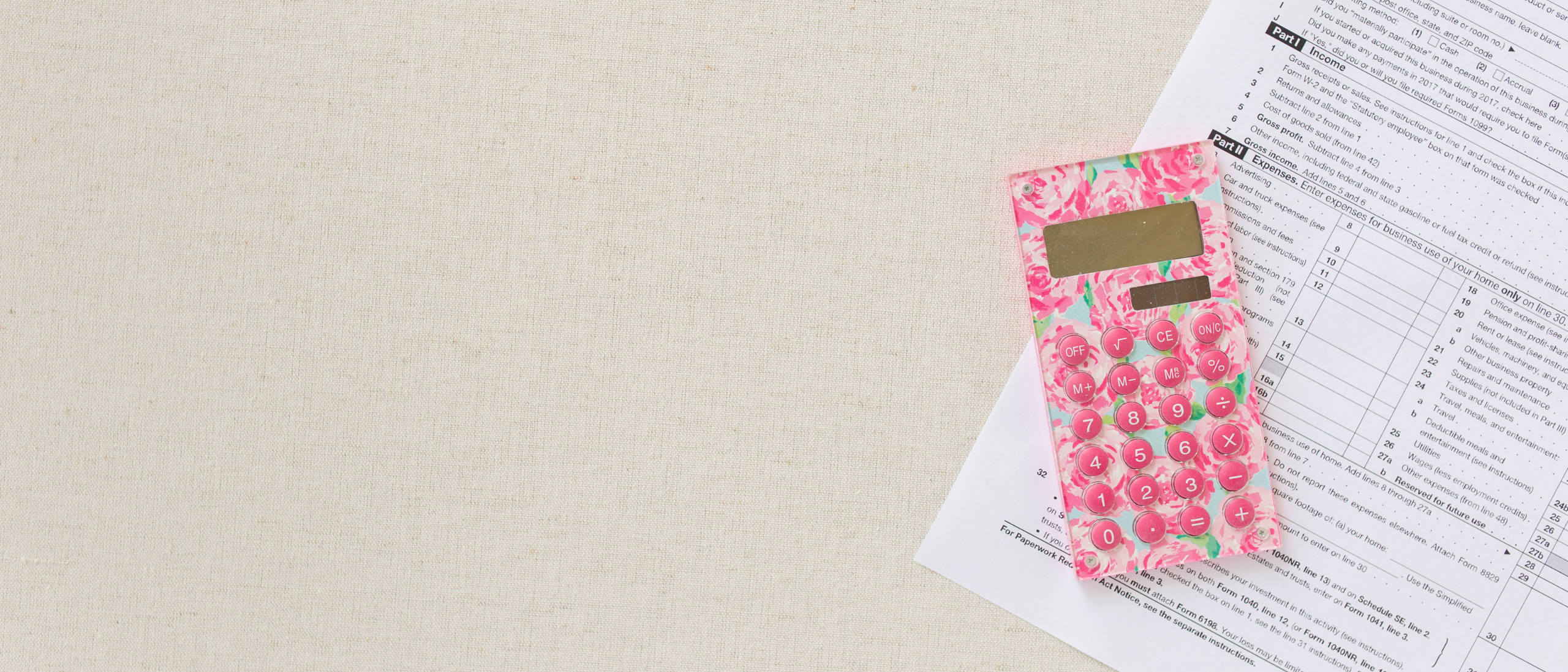The SBA will re-open the Paycheck Protection Program (PPP) the week of January 11, 2021, so today I’m answering the most important questions you might have about receiving a Second Draw PPP Loan for your small business.
As you likely know, on December 27, 2020, Congress signed into law an Economic Aid Act that provides $284.5 billion for a reinstated PPP for small business owners. In addition to re-opening PPP, the new legislation revises certain PPP requirements for both new and past loans.
Who Qualifies for a PPP Loan?
The SBA will re-open the Paycheck Protection Program from January 11 through March 31, 2021 for eligible small businesses, including:
- First-time borrowers with 500 employees or less who were in operation before February 15, 2020, and
- Existing borrowers with 300 employees or less who received a PPP loan under the original Act (aka PPP First Draw Program), and
-
- Have used or will use the full amount of the initial PPP loan for eligible expenses, and
- Have had a reduction in gross receipts of at least 25% in any quarter in 2020 compared to the same quarter in 2019.
The types of businesses eligible for PPP loans include:
- Sole proprietors
- Independent contractors
- Self-employed
- Some non-profits
- Seasonal employers (a business that operates no more than seven months a year or earns no more than a third of gross receipts within six months of the year)
- Faith-based organizations with less than 150 employees
How Do I Show a 25% Revenue Reduction?
Business owners can show a loss of revenue in 2020 by proving at least a 25% reduction in gross receipts from any quarter in 2020 compared to that same quarter in 2019. Here’s how you can do this calculation:
- Compare your quarterly gross receipts from one quarter of 2020 with that same quarter in 2019. For instance, if your 3rd quarter gross receipts for 2020 totaled $30,000 and your 3rd quarter gross receipts from 2019 totaled $40,000, then you can show a revenue reduction of 25%. To find this number using your gross sales, take your 2020 amount and divide that by your 2019 amount. If the number you get is .75 or less, then you experienced at least a 25% loss in revenue.
- Compare your annual gross receipts from 2020 with your annual receipts from 2019 by dividing your 2020 total by your 2019 total. Again, if the number is .75 or less, then you experienced at least a 25% loss in revenue. If the calculation gets you a number greater than .75, then you should do the quarterly calculations as well since a 25% loss in just one quarter will qualify you for the loan.
If your business wasn’t open during the first three quarters of 2019, but you were operating in the fourth quarter and you have gross receipts from one of the first three quarters of 2020, then you can still demonstrate a 25% revenue reduction by comparing one quarter from 2020 with your last quarter in 2019.
Finally, if you weren’t in business in 2019 but were operating before February 15, 2020, you can use your gross receipts during the last three quarters of 2020 to demonstrate a 25% revenue reduction when compared to the first quarter.
Another important note is that this time around, at least $25 billion is being set aside for business owners with a maximum of 10 employees and for loans of $250,000 or less to business owners in low- or moderate-income neighborhoods.
How Can PPP Funds Be Used?
PPP Second Draw Loan funds can now be used for any of the following:
- Payroll
- Employee benefits including group health insurance
- Mortgage interest
- Rent
- Utilities
- Software, cloud computing, and other operations expenditures
- Accounting and human resource needs
- Worker protection costs related to COVID-19
- Uninsured property damage costs caused by looting or vandalism during 2020
- Personal Protection Equipment (PPE) or property improvements to become or remain COVID-compliant after March 1, 2020
How Much Can I Borrow?
For most business owners, the maximum loan amount for a Second Draw PPP Loan is 2.5 times your average monthly payroll costs in 2019 or 2020 up to $2 million. If your business is in the Accommodation and Food Services sector, then you’ll be able to borrow 3.5 times your average monthly payroll costs in 2019 or 2020 up to $3 million.
Who Qualifies for Full Forgiveness?
Borrowers qualify for full loan forgiveness if, during the 8-week to 24-week covered period following loan disbursement, all of these criteria are met:
- Employee and compensation levels are maintained in the same manner as required for the First Draw PPP loan.
- The loan proceeds are spent on payroll costs and other eligible expenses.
- At least 60 percent of the proceeds are spent on payroll costs.
Business owners borrowing less than $150,000 can apply for forgiveness with a one-page attestation which has not yet been released. Borrowers who didn’t supply revenue reduction documentation at the time the loan application was submitted will have to supply those documents when applying for forgiveness.
How Do I Apply for Second Draw PPP?
There are a few different forms that can be used to apply for the loan and for loan forgiveness. You can look over the newly released five-page application now, but you should speak to your lender about which form they will require for the loan application. Forms can be submitted to any SBA 7(a) lender or through any federally insured or eligible institution participating in PPP.
If you are an existing borrower, you can apply with the same lender that issued your original PPP loan, or you can apply with another lender. PPP lending options include the following (all now authorized by the SBA for funding):
- Traditional Banks (Chase, Bank of America, Wells Fargo, Community Banks, Credit Unions)
- Financial Technology (OnDeck, Kabbage, Biz2Credit, Intuit, PayPal)
Smaller lenders and community financial institutions will receive preference from the SBA meaning that the SBA will accept applications from these institutions for First Draw PPP Loans starting on Monday, January 11, and Second Draw PPP Loans on Wednesday, January 13. Currently, the SBA guidance states that they will accept loan applications from other lenders “shortly thereafter.” The preference to community lenders is in an effort to assist eligible borrowers in underserved and disadvantaged communities.
Are Business Expenses Paid Using PPP Funds Tax Deductible?
Yes! This is great news! The IRS previously stated that expenses paid using PPP loan funds wouldn’t be tax-deductible, but the new bill changes that. Any expenses covered by a past or new PPP loan can be claimed as tax-deductible and the forgiven PPP loan amount will not be included in taxable income.
What About Forgiveness If I Received an EIDL Grant?
The other good change here is that if you received an EIDL advance grant, that no longer counts against a business requesting full PPP forgiveness. Guidance for those already denied full forgiveness from the SBA has not yet been released.
What If I Didn’t Take the Full PPP Amount Last Time?
If you chose not to take the full amount offered to you for PPP funds during the first go-round, you will be allowed to take the rest of that amount in this second round. Guidance for this process from the SBA has not yet been released.
These are the main questions my clients have right now, but since the SBA is still in the process of clarifying rules, be sure to visit their site for key PPP updates and borrower requirements as they become available. If you need help calculating your gross revenue receipts or still have questions about PPP loans or forgiveness, you should contact a CPA you trust.




